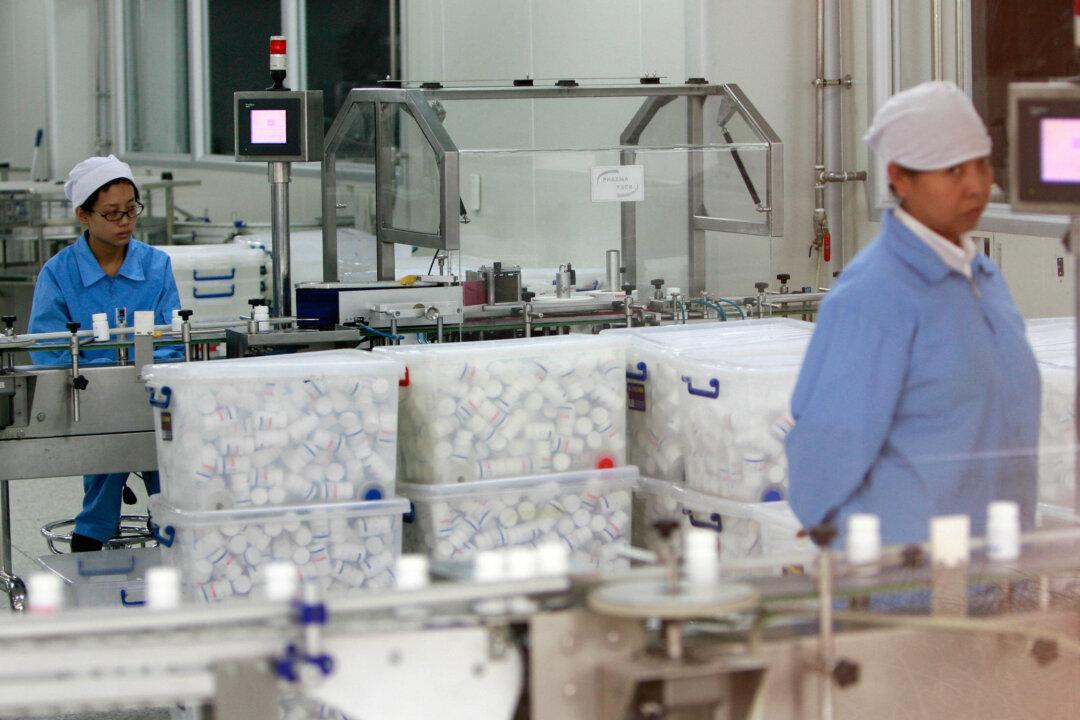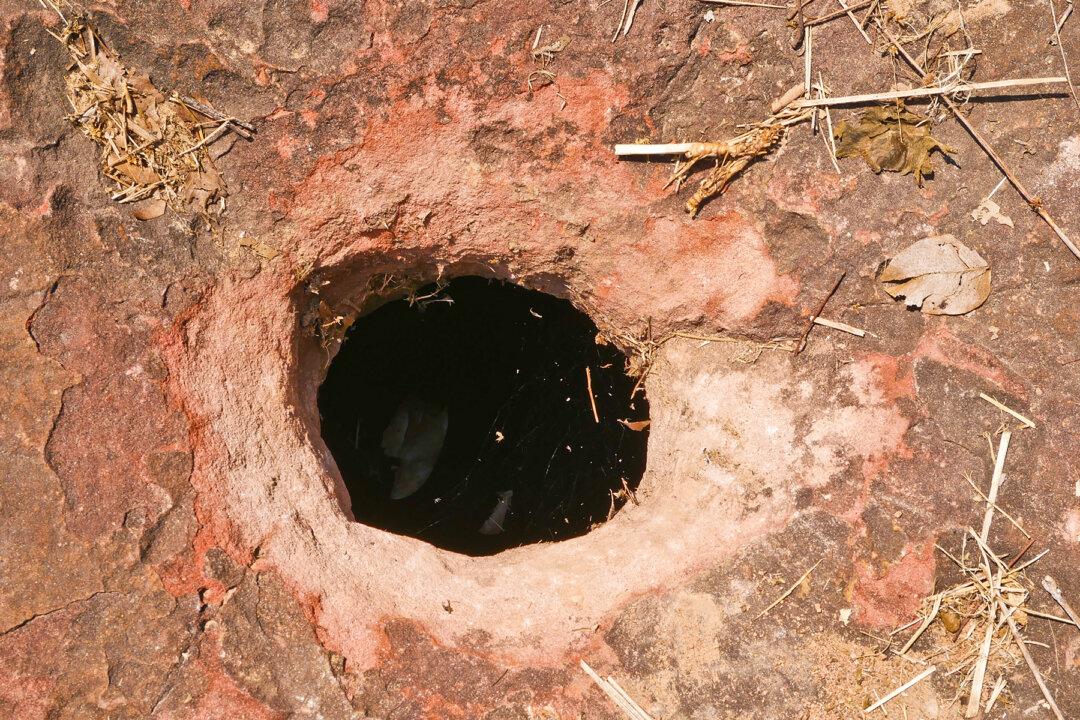China’s Ministry of Public Security (MPS) recently ended a major investigation involving a health care fraud scheme that victimized more than 1,000 people in the country at a cost nearly 1 billion yuan (about $145 million). One victim spent more than 6 million yuan ($870,000) on the fake medical treatment.
The MPS and Zhejiang provincial police began the investigation in April 2018 and found that a company called Slender Group engaged in fraudulent medical practices through luxury health resorts overseas, state-run newspaper China Daily reported Dec. 6.




